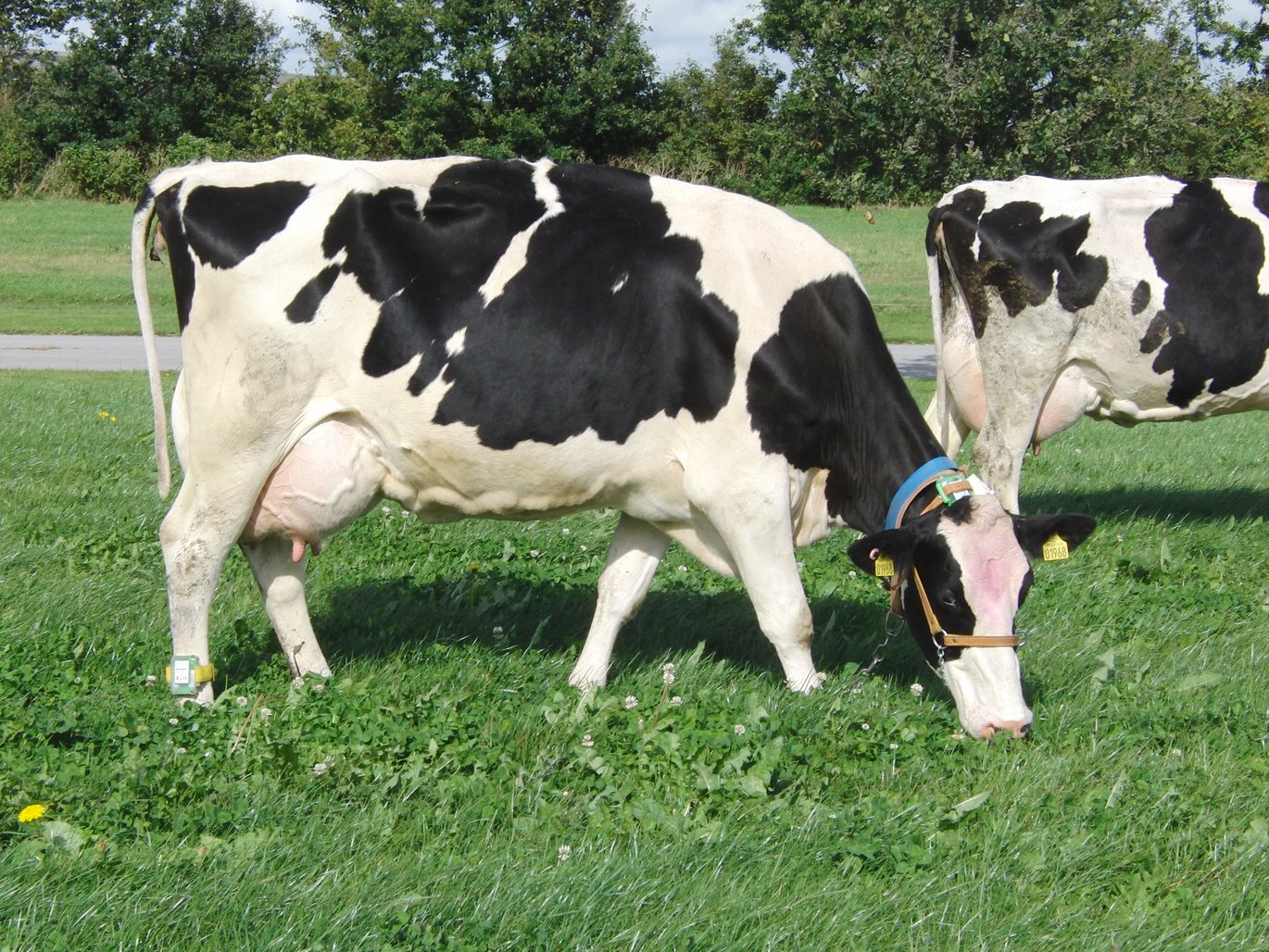On the hunt for the perfect grass-clover field
Scientists at Aarhus University are studying grass-clover pastures at 10 farmers in order to ensure that these pastures can maintain a high yield over many years and thus extend their lifetime.

Falling yields is one of the reasons why organic farmers often choose to plough in their grass-clover pastures every two or three years. This is expensive and often presents a challenge since grass-clover fields used for grazing are often not that close to the farm.
A new research project involving scientists from Aarhus University is set to do something about that. They will undertake a close study of the grass-clover fields at the 10 farmers and have started recording soil conditions, crop establishment and management, yields, root development, weeds and field traffic with heavy agricultural machinery.
- We would like to find out what exactly is the cause of the yield reductions over time. We look at facts and management and try to prevent farmers ploughing the soil too soon , says assistant professor Frank Oudshoorn from Aarhus University.
He also points out that many farmers are of the belief that grass-clover fields need to be ploughed every five years, which according to Frank Oudshoorn need not be the case. This means that many of the fields do not last for many years with associated adverse impacts on farm economy and environment.
- We hope that the project can provide some useful knowledge that will mean that grass-clover pastures in the future can be left unploughed for longer than the current typical two-three years, says Frank Oudshoorn and continues:
- An aspect of the project is to also look at the economy and we are expecting a saving by extending the lifetime of the grass-clover fields. Other values such as increased soil carbon storage and biodiversity will also be assessed, explains Frank Oudshoorn.
As part of the one-year project scientists will establish a few grass-clover fields on which some of the experience harvested will be tested.
- Although the project only lasts one year, we expect to be able to continue testing our results on some of the fields at three of the participating farmers, where we will ask them to retain a 5-7 ha grass-clover pasture for a number of years, says Frank Oudshoorn and also advises that an international advisory group will help to assess the results.
The results achieved will benefit the industry since they will be presented in the form of practical guidelines.
The research project has received financial support from Fonden for Økologisk Landbrug to the amount of 380,000 DKK.
Further information: Assistant professor Frank Oudshoorn, Department of Engineering, telephone: +45 8715 7661, e-mail: frankw.oudshoorn@agrsci.dk
